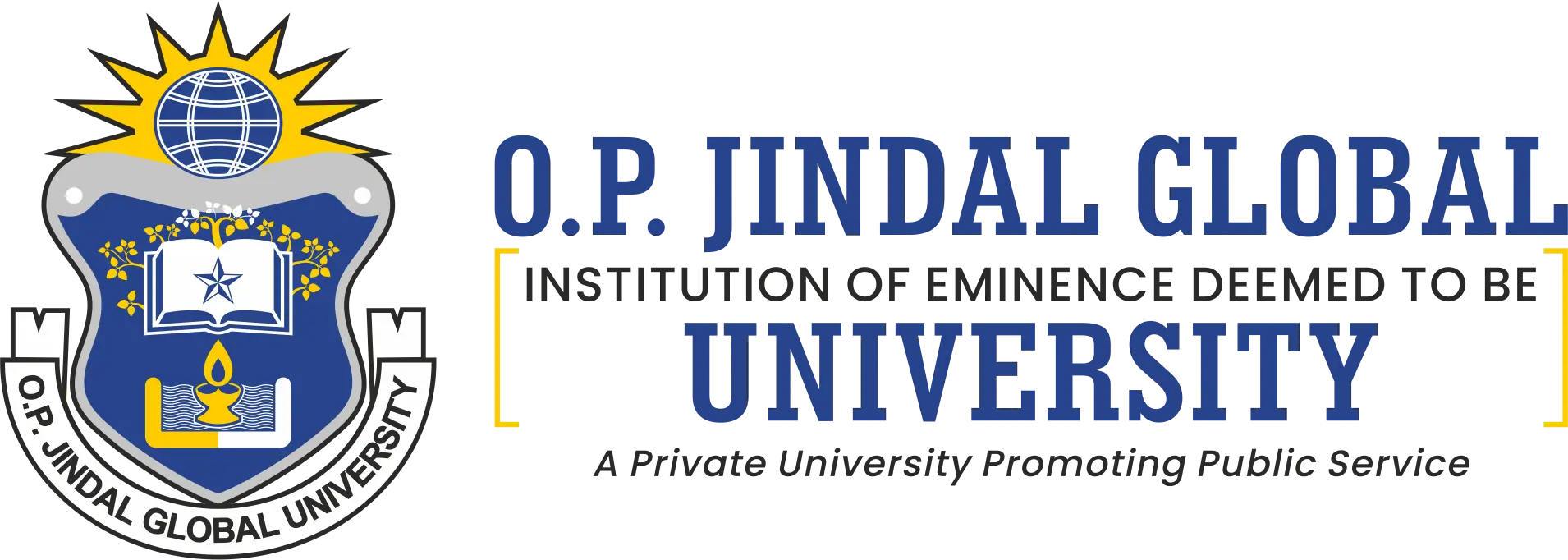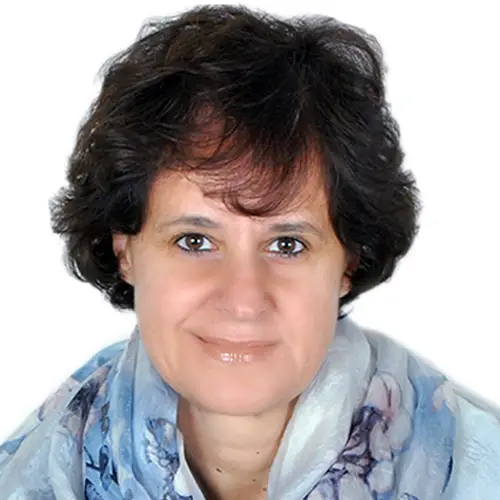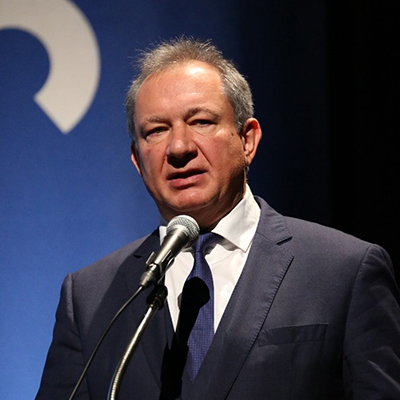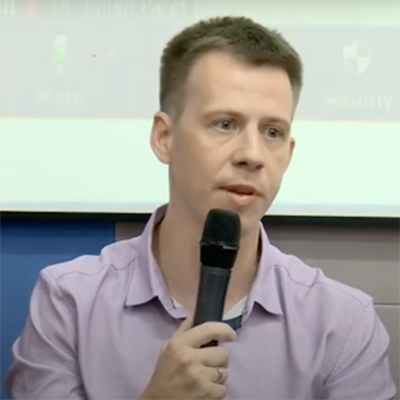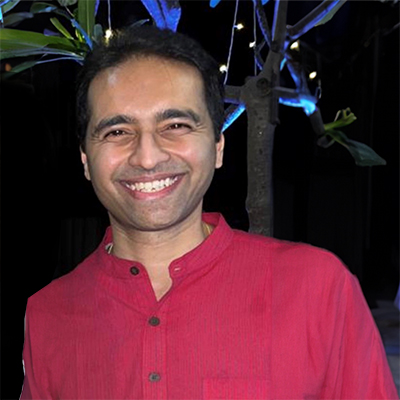The following four-credit courses, have been offered by the chair (Prof. Puggioni):
| 1 |
European Union: History and Politics (Spring Semester 2024)
This course has offered students an overview of the historical trajectory of the European integration process as well as in-depth discussion of selected EU polices including the single market and the
monetary policy, migration and security, EU enlargement, and European neighbourhood policy.
|
| 2 |
Contesting EU Borders: Solidarity, Activism, and Citizenship (Spring Semester 2024)
This course offered a critical analyse of the way in which European borders have been challenged, contested and transgressed in response to the many barriers, fences, frontiers that European Union
countries have erected during the past twenty years. Although many EU borders have been transformed into ‘spaces of violence’, that is impenetrable spaces also for those seeking
international protection; border-people and migrants networks have not remained silent and inactive against the violence happening along the borders. Acts of resistance, solidarity and humanitarianism
are countering border control and push-back policies.
|
| 3 |
Debating Migration in Europe (Fall semester 2024)
This course has been designed in such a way of making students debate migration issues — by looking at questions of identity, integration, national protections, citizenship and solidarity. The
ultimate aim of the course was to stimulate reflection also to current debate in India on citizenship following the 2019 Constitutional Amendment.
|
| 4 |
Debating Migration in Europe (Fall semester 2024)
This course has been designed in such a way of making students debate migration issues — by looking at questions of identity, integration, national protections, citizenship and solidarity. The
ultimate aim of the course was to stimulate reflection also to current debate in India on citizenship following the 2019 Constitutional Amendment.
|
| 5 |
European Borders: Migration, Border-death and Humanitarian crises (Spring 2025)
This course critically analysed European borders by combining theory and practice, that is how security shapes and govern border policies and how migrants, NGOs, local people and the court count
dominant security approach. Given the difficulties, if not the impossibility, of entering the EU via ‘legal’ routes, a big number of migrants enter through informal networks via highly
risky routes. This has led to high rate of border-death, especially along the southern European borders, which for many is directly connected to specific border politics that operate at the borders.
However, current security policies have been (partially) counter-balanced by humanitarian assistance and relief offered by NGOs and local people.
|
| 6 |
Border (in)security (Spring 2025)
The aim of this course is to critically discuss European borders and the meaning of (in)security. Whose life do states make secure? How do state protect their borders? Against which threats? While the
first part focussed on traditional International Relations (IR) concepts—such as order, sovereignty and (in)security—the second part has devoted attention to border practices. This has
been done by using a varieties of visual images, including maps and journey trajectories; camps and camps life; border controls and patrolling; NGOs and rescue operations. By investigating border
(in)security, this course has engaged
|
The following Ad hoc classes have been offered by team members
Dr. Oleksandr Svitych has dedicated 30 hours (15 hours in Fall 2024 and 15 hours in Spring 2025) as part of his (elective) course on “
Populism, Nationalism and Cosmopolitanism in the 21st century”—engaging a total of 106 students. The following topics/issues have been taught/discussed:
-
Approaches to populism (3 hours x 2 semesters): Theorizations of populism as an ideology, a political strategy, a style, and a discourse, including readings from the European scholars.
-
Populism across the world (3 hours x 2 semesters): What are the major cleavages (socio-economic, such as inequality, and socio-cultural, such as immigration) which enabled the rise of
populism across Europe? What was the role of political opportunity structures (party organization, party competition, media) and political entrepreneurship (personalistic leadership, charisma, rhetorical
strategies) that explain populists’ electoral breakthrough and success? From a comparative perspective, what are the differences with the Latin American, North American, and Asian contexts?
-
Populism and democracy (3 hours x 2 semesters): The origins, definition, and approaches to the concept of democracy. The values of democracy (intrinsic and instrumental). The state of
democracy in Europe (measurement and its critique). Populism as both a threat to and a corrective for (liberal) democracy.
-
Populism and fascism (3 hours x 2 semesters): Approaches to fascism in the history and political science literatures. Fascism as a regime, an ideology, a movement. Populism and fascism:
commonalities and differences.
-
Populism and cosmopolitanism (3 hours x 2 semesters): The origins of cosmopolitanism as both an empirical phenomenon and a normative concept. Cosmopolitanism as an identity and responsibility
(moral and political). Cosmopolitanism and populism: tensions and synergies. De-Westernizing cosmopolitanism and world (non-European) cosmopolitanisms.
During class presentations, some 14 students—in five different presentations—have specifically focused on Europe/EU: Giorgia Meloni and Brothers of Italy; Marine le Pen and National Rally; Volodymyr
Zelensky and Servant of the People; Benito Mussolini and National Fascist Party; and Adolf Hitler and the Nazi Party.
Dr. Silvia Bottega has dedicated 24 hours (Spring 2024) as part of her two (cross-elective) courses: “Mediterranean Politics” and “Europe in the Indo-Pacific —engaging
a total of 36 students. Brief courses overview:
-
Mediterranean Politics: the course provided students with an in-depth exploration of the political processes that shaped the conceptualization of "the Mediterranean"—whether
as a singular geopolitical entity or a mosaic of distinct subregions. It introduced students to the diverse political structures, geopolitical imperatives, and inter-state relationships defining the littoral
states across the region. Particular attention was devoted to how actors—especially the European Union—had formulated and adapted their approaches to Mediterranean affairs. Furthermore, the course
critically examined enduring conflicts and unresolved regional challenges, evaluating not only the actions of sovereign states but also the influence exerted by non-state actors.
-
Europe in the Indo-Pacific: This course sought to examine the strategic and geopolitical imperatives of both individual European states and the European Union as a collective entity within
the Indo-Pacific region. Over time, several European nations—including France, Germany, and the Netherlands—had independently devised strategies for engaging in the Indo-Pacific region. Only after
has the European Union formulated its own comprehensive approach. The region’s growing significance—shaped by escalating global polarization, intensifying power competition, and the transformative
impact of Russia’s war in Europe—had rendered European engagement in the Indo-Pacific an increasingly vital geopolitical concern.
-
Initially framed through the Asia-Pacific lens before evolving into the Indo-Pacific paradigm, this region had, since President Obama’s landmark pivot to Asia strategy, emerged as the central theatre
where global power dynamics played a decisive role in safeguarding—or undermining—the security and economic future of major international actors, including Europe. While individual European states
had progressively deepened their bilateral engagements, the Indo-Pacific eventually became the focus of coordinated institutional strategies, as exemplified by the European Union’s Strategy for
Cooperation in the Indo-Pacific, unveiled in September 2021.
-
By first situating the Indo-Pacific within the broader global context—where it increasingly occupied a central role in policymaking, academic discourse, and multilateral negotiations—the course
provided a critical framework for understanding the evolving contours of EU-Indo-Pacific cooperation. In doing so, it also illuminated potential intra-European divergences, competing national agendas, and the
challenges inherent in forging a cohesive regional approach.
Prof. Dr. Rajeev Kadambi has dedicated 174 hours (54 hours during Spring 2024 and 2025, and 66 hours during Fall 2024) as part of his (core) courses on “Political Philosophy II ”,
“Political Philosophy I”—engaging a total of 148 students. Brief courses overview:
-
Political Philosophy I: key texts in political thought have been analysed, looking specifically at its transformation during modern time with special attention to ethics. It explored various
arrangements of collective life from a close reading of key Western and non-Western texts by Socrates/Plato, Aristotle, M.K. Gandhi, St. Augustine, St. Aquinas, Machiavelli, Hobbes, Locke, Rousseau, Marx, and
Ambedkar. The course explicated conceptual themes such as virtue, sovereignty, alienation, ideology, capitalism, and revolution.
-
Political Philosophy II: pursued the relation between politics and ethics in the earlier part of the course. The course situated the formation of key political concepts in the historical,
cultural, social, and economic transformation of the West in the 16th and mid-seventeenth C.E. The focus was on concepts of sovereignty, state, secularism and freedom. It read select works of thinkers like
Jean Bodin, Carl Schmitt, G.W.F. Hegel, Max Weber, Immanuel Kant, Isaiah Berlin, John Rawls, J.S. Mill, Karl Marx, Antonio Gramsci, Michel Foucault, M.K. Gandhi, Rabindranath Tagore, and Sigmund Freud.
The following discussion series have been organised and made open to all JGU students
Protecting Borders or Protecting People?
(coordinated and delivered by prof. Vesselin Popovski) – 5 sessions of two hours each.
- Responsibility to Protect (R2P) (21st Aug 2024)
- Historical Examples of R2P: Policies and Practices in the EU (28th Aug 2024)
- R2P and the Right to International Solidarity Wednesday (4th Sep. 2024)
- Protecting Borders or Protecting People? Border Security and People's Solidarity in the EU (11th Sep. 2024)
- Nationalism, Populism and Challenges with Forced Migration in the EU (18th Sep. 2024)
A very short overview:The norm ‘Responsibility to Protect (R2P)’—adopted by the United Nations in 2005—has been a shift in the way of thinking about humanitarian intervention. It
focuses less on the national interests of states, intervening on humanitarian ground, rather on the vital interests of populations, exposed to mass atrocities and humanitarian crises. The Series will discuss the
following questions: Is R2P a norm, or is it a principle? Does R2P aim at protecting states’ borders or people? What does it mean to protect EU borders? How does, and how should, the EU deal with
unauthorized border-crossing? What is the role of solidarity, humanitarianism, and responsibility in border security? What are the EU political, legal and ethical responsibilities for the victims of forced
migration?
EU borders: visual narratives
(coordinated and delivered by prof. Raffaela Puggioni) – 3 sessions of two hours each
- Where are EU borders? (26th Feb. 2025) – 2-hour session
- Invisible borders (5th Mar 2025) – 2-hour session
- Which humanitarian borders? (12th Mar 2025) – 2-hour session
A very short overview: borders are often seen simply as geographical lines that separates sovereign states. But territorial lines are more than this: they shape identity, cohesion, sense of belonging but
also difference and conflict. Borders are not exclusively physical. They are also social, legal and cultural. In this series, we explored (European) borders through visual images. The aim is to make images to
speak and tell the stories of those who crossed them.
(coordinated and delivered by prof. Vesselin Popovski) – 6 sessions of two hours each.
- Historical Origin of International Solidarity. The European Enlightenment (26th Feb. 2025)
- Responsibility to Protect (R2P) and International Solidarity (5th Mar. 2025)
- The Right to International Solidarity as a 3rd Generation Human Right (12th Mar. 2025)
- The EU Parliament Resolutions on International Solidarity (19th Mar. 2025)
- Challenges to Solidarity: Nationalism, Populism, Migration Debates (26th Mar 2025)
- Summary Discussion: The Way Ahead (5th Apr. 2025)


